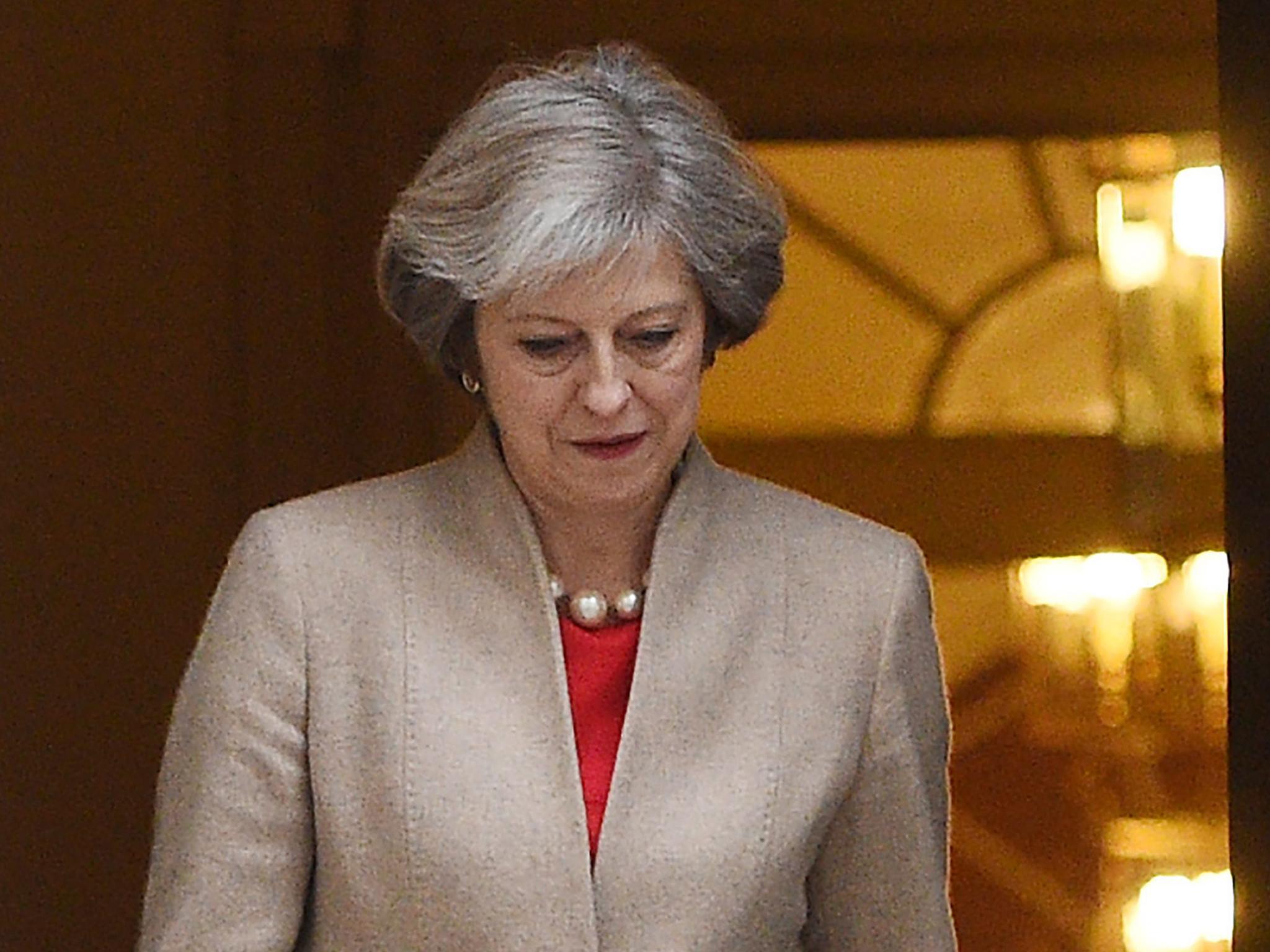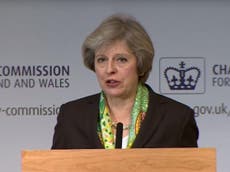A week after Theresa May's speech on mental health, a women's psychiatric ward is closing due to cuts
After declaring children and adolescent mental health services the 'single biggest area of weakness in NHS provision', Jeremy Hunt pledged an extra £250m a year. However, around half of CCGs in England will spend the extra money allocated for CAMHS on other services

Despite overwhelming opposition expressed during a two-month public consultation, Croydon Clinical Commissioning Group (CCG) decided on Tuesday to decommission the women’s mental health ward Foxley Lane, because of enforced savings by NHS England of £48m over two years.
As the long-anticipated decision was announced, people stormed out of the meeting in disgust. “Women will die without this service!” shouted one lady, enraged.
Widely popular among local people, the ward was described by former patients as a “life-saving, therapeutic and peaceful environment”, but cuts to the local NHS budget mean it will close. This is the reality of mental health service provision under this Conservative government.
The closure of Foxley Lane is just one example of a much larger picture: shifting the focus from inpatient services to community-based care. Croydon CCG has invested in improving community support and home-based treatment, but there are signs this simply isn’t good enough.
Recent reports show that the number of people arriving at A&E with mental health problems has skyrocketed over the last five years, as community care is unable to meet rising demand.
The Foxley Lane public consultation revealed that 80 per cent of people surveyed believed the needs of inpatients could not be met by the range of community services on offer.
Severe doubts were expressed about home treatment, especially as for some women the home environment may be the source of distress, whether it be housing issues, abusive relationships or social isolation.
Home-based care will not suit everyone, which means service provision should be varied and flexible in order to prevent people slipping through the cracks. As a halfway house between an acute unit and home treatment, smaller wards like Foxley Lane are an essential resource.
This cut is symbolic of how mental health care is bearing the brunt of the current NHS crisis, as underfunding forces CCGs to prioritise physical health over mental health.
After declaring children and adolescent mental health services (CAMHS) the “single biggest area of weakness in NHS provision”, Jeremy Hunt pledged an extra £250m a year. However, research by charity YoungMinds shows that in 2016/17 around half of CCGs in England will spend the extra money allocated for CAMHS on other priorities.
According to health charity The King’s Fund, around 40 per cent of mental health trusts have experienced reductions in income over the last three years. Funding pledges simply aren’t materialising.
It reflects tremendous progress that the Prime Minister is prioritising mental health issues and discussing stigma in important policy speeches, but words alone cannot paper over the cracks of a system blighted by underfunding.
Foxley Lane was described as no longer value for money by the local NHS Foundation Trust, and with Croydon CCG under “financial special measures” cuts were inevitable.
However, closing Foxley Lane will only save £500,000 a year, and as Ellen Clifford from disability rights group Inclusion London says, budget cuts are “putting a price on women’s lives.”
“We should be looking for more investment in mental health services, and instead of closing services that work we should be challenging the bigger picture of how mental health is funded,” she added.
Even if community services have improved recently, this unique ward was vital for a number of women. Vicky Wilson-Undy said: “If it wasn’t for Foxley Lane I wouldn’t be here having this conversation. It’s criminal even considering closing it down”
There are plans to open a new 14-bed acute ward nearby at the Royal Bethlem Hospital, but former patients of the current female acute ward there have spoken of “violence and bullying” from both fellow patients and staff.
The new ward would also serve people from three other neighbouring boroughs covered by the local NHS Trust, meaning women from Croydon in crisis are unlikely to benefit.
As a society, we are talking openly about mental health issues more than ever before, and general awareness is much improved. And yet the most vulnerable are still losing out.
Focusing too heavily on community care will put these vulnerable people at risk, but with hospital beds at a premium, mental health inpatient care will be superseded by physical health needs.
Ring-fencing mental health spending would surely make the theoretical parity of esteem with physical health a reality, and prevent future cuts to much-needed services.
However, after years of empty rhetoric, meaningless slogans and broken promises, decisive action from this government is just as unlikely as it is necessary.



Join our commenting forum
Join thought-provoking conversations, follow other Independent readers and see their replies